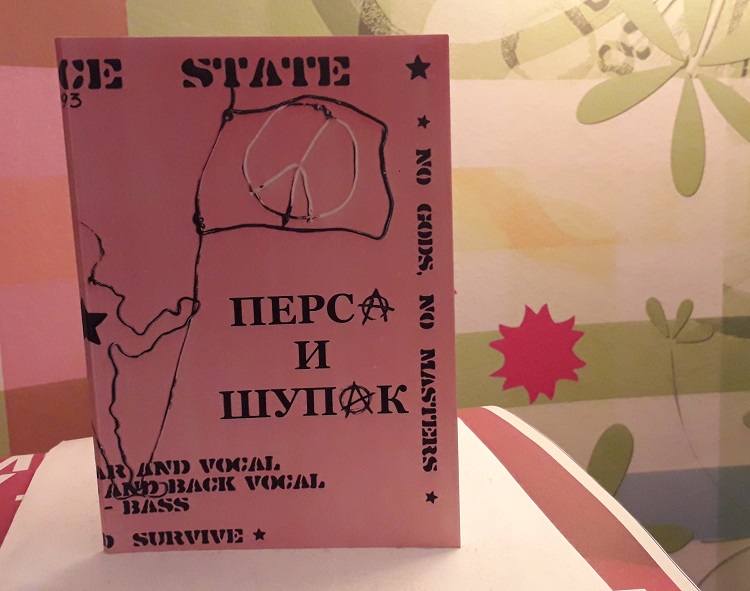Urban Legends: A Punk Story of Persia and Shupac
The Macedonian Student Ethnological Society made an unusual venture with the publication of a booklet entitled "Persa and Shupak", dedicated to two brothers - punks from Skopje. It is about the brothers Borce Kostovski - Persa and Ljupco Kostovski - Shupak. Recognizable by their appearance, which even today justifies the saying "punk is not dead", they are one of the urban legends of Skopje. Their life story, contained in the book and told in the first person singular in the form of anthropological research, is much more than just a fresco of two "old punks".
- The task of ethnologists and anthropologists is to register these "oral histories" exactly as they are told, without interventions and interpretations, so that they can be archived, preserved and used for further research. This is especially important for the life stories of so-called marginalized groups, for those different and unusual, which are excluded from "official" history. Stereotypically, even in our environment, they knew how to be declared the source of all the evils that can happen to a young person, to be legally persecuted and censored, but also to be gossiped, harassed and stigmatized by neighbors. On the other hand, their absence from city life can be a symptom of intolerance and lack of sense of the beauty of the variety of people, styles and worldviews - wrote ethnologist Ilina Jakimovska in the preface to the book about Persa and Shupak.
Researchers and editors of the publication are Andrej Tatarchevski and Ana Ashtalkovska Gajtanoska, whose approach to the interlocutors is discreet and unobtrusive. And the stories of Persa and Shupac are neither "small" nor "big", but are simply - human. In the statements, the brothers talk about their father's honesty, about their mother who knew how to play flamenco on guitar, about neighborhood games, about listening to and playing punk music, about their band "New Police State", about "Kocka" hanging out, about grenades in Vukovar, for their memories of another time, for testimonies that can be read as an alternative history of Skopje. According to them, the anarchy promoted by the punk movement, however, does not mean disorder and chaos, but above all freedom, to express oneself and to live against the set standards.
(The text was published in "Cultural Press" number 76, in the print edition of "Free Press" on April 10-11, 2021)



